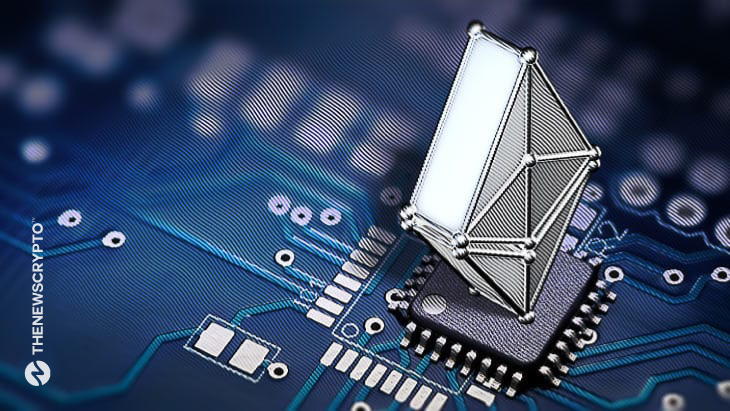- Developers working on the core of Ethereum have explored a number of EIPs.
- Any fallout from the modifications may be handled with relative ease as per devs.
Ethereum has made significant progress towards its impending Cancun upgrade after its well-publicized Shapella upgrade earlier this year. In addition, the change should have a major effect on the network’s architecture.
In recent months, people working on the core of Ethereum have explored a number of Ethereum Improvement Proposals (EIPs). Consequently, these talks and the coordinating dialogues on their integration represent a significant advance for the development of the upgrade.
Now on the Horizon
When it comes to increasing their practicality, few blockchain networks have been as bold as Ethereum. In addition, the Shapella improvement was a watershed point for the system as a whole. The next blockchain upgrade is now on the horizon.
Ethereum has made significant progress toward the upcoming Cancun upgrade. Reports state that talks have centered on an investigation of the effects of two EIPs, 4758 and 6780. The network’s present self-destruct function might be modified by these proposed additions.
So far, the functionality has been used to send ETH between addresses without requiring the recipient’s end to run any code. A change to 4758 suggests renaming the function to “send all” and disabling its ability to clear values or remove bytecode.
On the other hand, 6780 might impose constraints that would limit its effects. Some presently active Ethereum network decentralized apps may be affected by the modifications.
However, developers believe that any fallout from the modifications may be handled with relative ease. In particular, most decentralized applications will likely get updates to accommodate the changes to the network.
There are a plethora of additional EIPs that have the potential to provide major improvements in the future Cancun upgrade. Targeting enhancements to memory-copying and call-instruction processes in particular.
Recommended For You:








